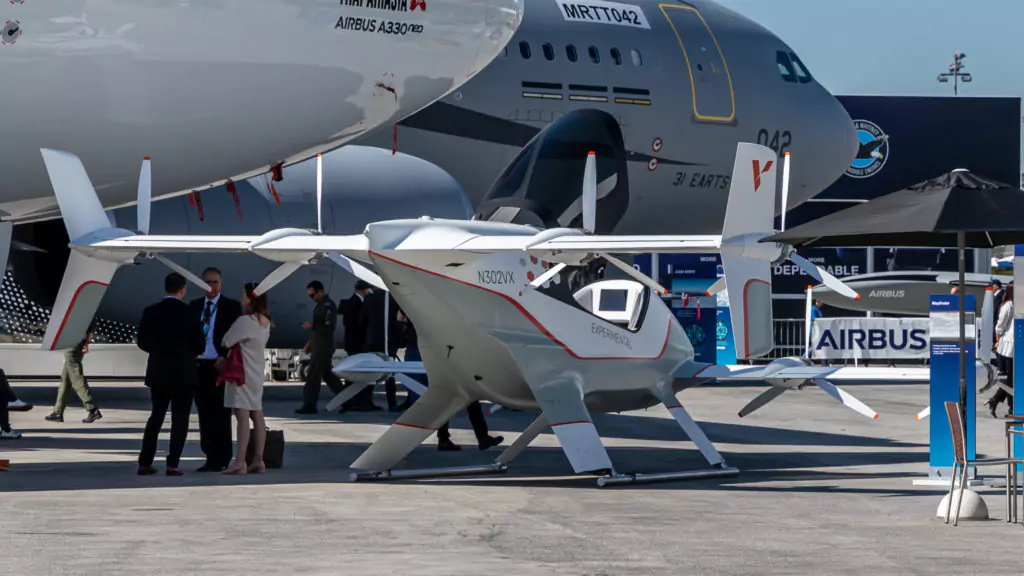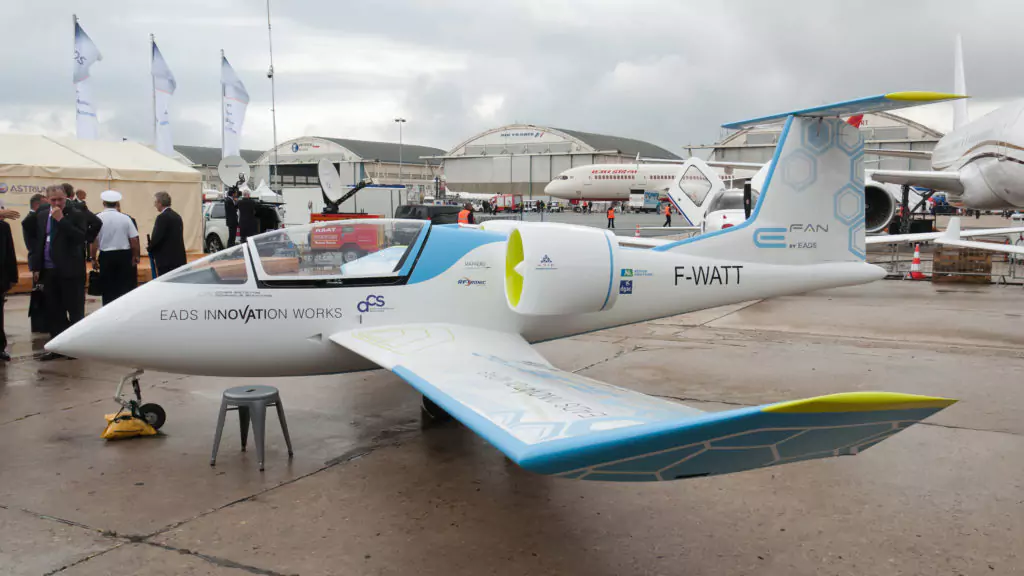By Aron van Ziel
Electric cars have been driving around the world for a number of years. After Tesla has put electric cars on the market, many other well-known car brands have also started developing electric cars. But how far is the development of electric flying? What developments are there and when can we expect to go on holiday with an electric plane?
Current status of electric flying
Wright Electric is the most progressive company in the development of electric airplanes. The company wants to make its first test flight in 2023. They are currently developing the aircraft. The aircraft will have a capacity of 186 passengers, which is comparable to a Boeing 737. The company is now mainly engaged in the development of a lighter battery. By 2030, the company hopes to have developed batteries that are light enough for flights of about 500 kilometers. This allows the plane to fly roughly from London to Paris. This is the first step the company wants to make when it comes to electric flying. The company wants to scale up even further into the future and hopes to be able to cover a distance of approximately 1280 kilometers.
The Airbus company is also developing electric aircraft. In 2010 Airbus was the first company to make a fully electric aircraft. Over the years, Airbus has made and tested different models. Airbus continues to develop electric flying.

The electric flying passenger drone
Electric flying taxis are still science fiction for many, but it might be closer to reality than you think. Back in late 2020, the Chinese drone EHang 216 completed demonstration flights over the city of Seoul. There were no people on board, but just two bags of rice each weighing 70 kilograms.
The German company Lilium also has concrete plans in developing its first Vertiport, which it would like to put into operation in 2025. Currently there is less doubt about the technical possibilities for implementation. The only question is whether autonomous passenger drones will actually be accepted as a reliable transportation alternative. Concerns about the safety of passengers, residents on the ground and noise emissions may hinder the breakthrough of an environmentally friendly future technology.
Advantages of electric flying
The main reason companies are engaged in the development of electric flying is to reduce Co2 emissions. In the Netherlands, aviation accounts for about 7% of the total climate impact. Wright electric and Airbus want to reduce emissions with the advent of electric flying. In addition, the two companies believe that electric flying will become the standard in the future.
The future of electric flying
As discussed earlier, Wright electric wants to make a first test flight in 2023. and wants to launch the first aircraft on the market in 2030. Whether this is feasible will have to become clear in the coming years. In Scandinavia they are also working on the future of electric flying. The Norwegian Avinor hopes to do all flights of an hour and a half or less electrically by 2040. The Swedish Swedavia has the same objective. The first test for this will start in 2025.

It is clear that it is more an electric flying development than a trend. There is certainly a lot of work done on the development of electric flying, but before we can go on holiday with an electric plane, we will have to be patient. Especially developing the right battery will take time. The battery must be able to hold enough energy to provide enough electricity for a flight. However, this will often make the battery too heavy. As a result, the development of a battery that is light enough and has sufficient energy will take the most time.
You don’t have to wait on Fly Aeolus
You don’t have to wait until it all comes to that. Fly Aeolus is already happy to take you to your final destination. With all 1,600 airports in Europe, we can get you closer to your final destination than other airlines. In addition, flying with Fly Aeolus is even safer than a commercial aircraft. Use our price calculator for your next Fly Aeolus air taxi booking.
If you have any questions about flying with Fly Aeolus, feel free to contact us! Call us on +32 (0) 3500 9082 or email us at info@flyaeolus.com.